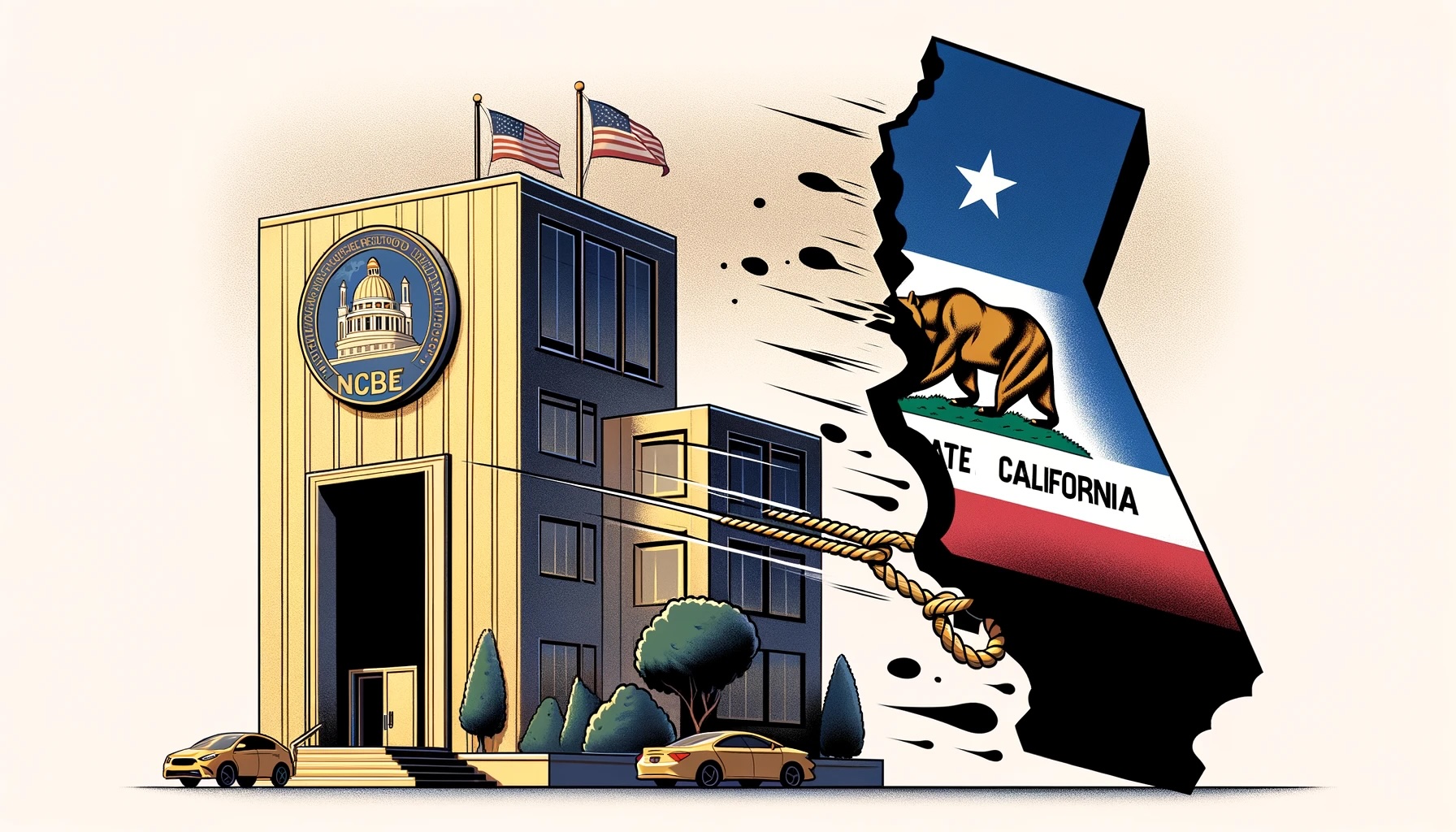March 14 2023, By Pieper Bar Review

Updated March 14 2023. Originally published March 14 2023
In addition to passing the Uniform Bar Exam (UBE), the New York Board of Law Examiners requires all applicants to complete the New York Law Course (NYLC) and pass the New York Law Exam (NYLE).
The NYLC is a 15-hour online course designed to make applicants aware of important aspects of New York law that are either different from the general principles and prevailing views of the law tested on the UBE or are unique to New York and important for the new practitioner to know. The bar examiners have released a 200-page NYLC course material packet replete with case and statute citations, which they believe will assist applicants in their preparation for practice in New York. Upon completion of the NYLC, applicants are then required to pass the NYLE, by correctly answering at least 30 of 50 multiple choice questions on this same material during a 2-hour open-book online exam. You can try your hand at some NYLE practice questions here.
Many prospective bar applicants (particularly those coming from outside New York) have expressed concern that these two requirements could prevent their admission to practice after successful completion of the UBE, but by examining the format of each and comparing them to similar requirements in other UBE jurisdictions, applicants should not expect either to be a serious obstacle for admission to the bar if they approach them with a modicum of academic interest (i.e. if they pay attention to the material covered in the NYLC lectures).
First, all applicants should recognize that the only things standing between them and successful completion of the NYLC are their own time and attention. While applicants are required to correctly answer “embedded questions” at intervals throughout the 15-hour program, applicants should expect the answers to the questions to be painfully obvious. The purpose of the embedded questions is not to ensure that the applicant has a working knowledge of the material but to “assure that the viewer is attentive and engaged with the course material” (i.e. that the applicant has not fallen asleep or pressed play before running out to the gym).[1] If an applicant simply listens to the series of presenters, he or she will successfully complete the NYLC.
Practical tip: When you're thinking about sitting for the NYLE, keep in mind that you need to register for the NYLE 30 days before the test, and that you cannot register if you haven't completed the NYLC. So don't plan on registering for and taking the NYLC and NYLE in one week. You'll have to plan ahead.
Second, all applicants should anticipate passing the NYLE if they listen to the NYLC and take a few days to study the course materials and any notes that they (or a friend) took down, and if they fail, they can take it again in three months (the rub, however, is that applicants will also have to re-take the 15-hour NYLC). Unlike the embedded questions in the NYLC, the NYLE will require an understanding of the underlying material, yet it is not supposed to be a mini 50-question New York Bar Exam (if it was, it would be closed book and applicants would be proctored like the UBE and the MPRE). Instead, it is intended to serve as a carbon monoxide alarm for newly admitted attorneys, warning them of odorless distinctions in New York law before they practice (or potentially commit “mal-practice”). It is a way for the bar examiners to force newly admitted attorneys to help themselves by becoming aware of New York Law distinctions, and its purpose is “not to erect unnecessary or unduly burdensome protectionist barriers.”[2] Other UBE states, including Missouri and Washington, have implemented similar additional local law course and exam requirements and neither has posed a barrier to admission for applicants. Echoing New York’s sentiments that local law exams should not erect barriers to admission, Missouri Supreme Court Judge Zel Fischer, explained that Missouri’s local law exam, the Missouri Educational Component Test (MCET) “was intended to prevent applicants from ‘backing into a buzz saw’ once they began practice in Missouri.” [3]
While the exam is open-book, you'll still want to pay attention to the material covered in the NYLC and review the NYLE Course Materials in advance of the NYLE, because you won't have time to research the materials for the answer to every question. But if you're familiar with the material from some advanced preparation, you will be fine (and compared to the UBE, the NYLC and NYLE will be a walk in the park). If applicants commit some time to studying what they learned in the NYLC, they should expect to pass and proceed with their admission.
[1] Ensuring Standard and Increasing Opportunities for the Next Generation of Attorneys, Final Report to Chief Jonathan Lippman and to the Court of Appeals, Advisory Committee on the Uniform Bar Examination, April 2015, p. 2. http://www.nycourts.gov/ip/bar-exam/pdf/FINAL%20REPORT_DRAFT_April_28.pdf
[2] Id. at 4.
[3] Cindy L. Martin, Local Law Distinctions in the Era of the Uniform Bar Examination: The Missouri Experience (You Can Have Your Cake and Eat It Too), The Bar Examiner, September 2011, at 12 http://www.ncbex.org/pdfviewer/?file=%2Fdmsdocument%2F142
Recent Posts

New York July 2025 Bar Exam Results: Any Day Now!
Thinking Ahead: How April Planning Can Set You Up for July UBE Success
New York to Adopt the NextGen Bar Exam in July 2028

Why Study with a UBE Tutor?

The California State Bar Considered Breaking Away from the NCBE's Exams as a way to Cut Costs, but Those Plans are on Hold
